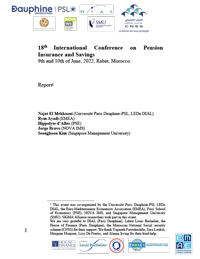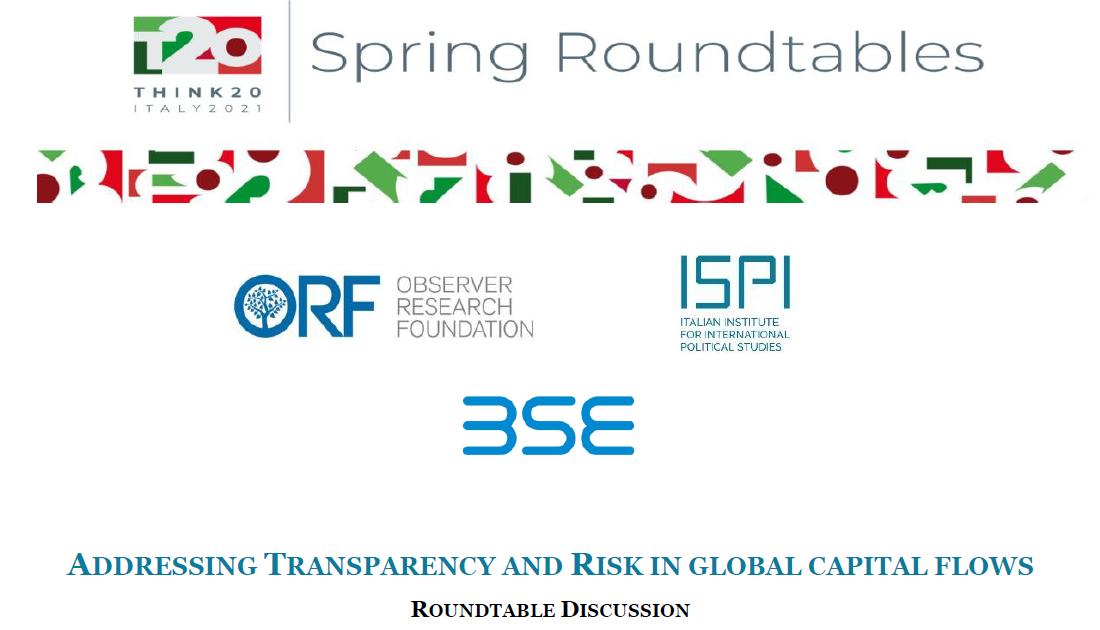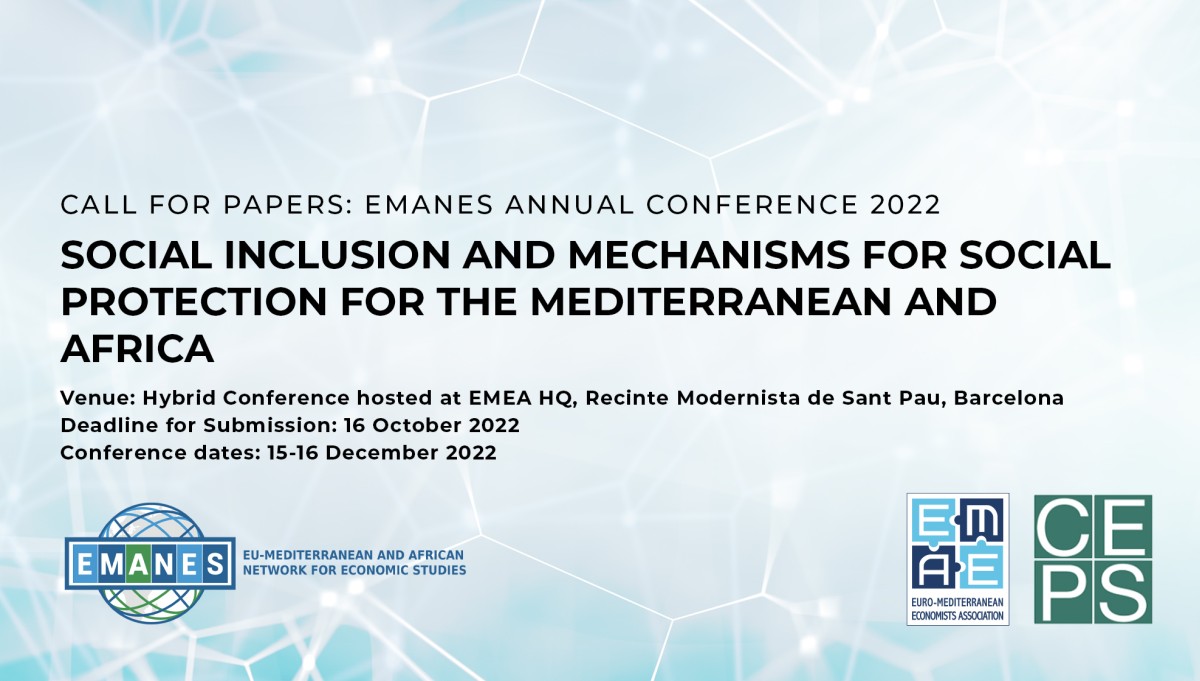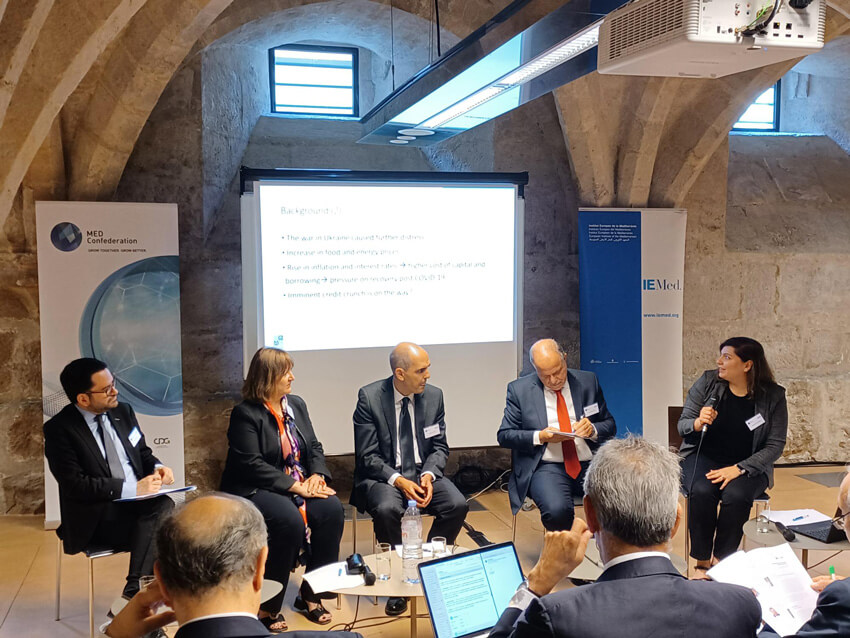The President of the Euro-Mediterranean Economists Association – EMEA, Prof. Rym Ayadi, participated at the Roundtable “Addressing Transparency and Risk in Global Capital Flows”, which was organised by T20 Italy on 08 June 2021. Transparency of global capital flows and robustness of the global financial system have been central to the mandate of the G20 since inception.
The roundtable explored the regulations required to establish better transparency and stability of global capital flows and it was targeted to global experts, regulators, officials and corporates. T20 Secretariat will collect all the inputs to enrich the final outcome of the T20 Italy. The Think 20 (T20) is an engagement group comprised of think tanks whose primary challenge is to add value to the G20 process with evidence-based public policy proposals.
At her intervention EMEA President, Prof. Rym Ayadi, highlighted:
“Enhanced debt transparency in low- and middle-income countries is essential to prudent debt management, limiting endemic corruption and the destruction of economic value particularly following unmanaged and messy restructuring and defaults. Debt transparency is also the first step towards contracts standardization and more efficient use of public funds.
Our proposal is to implement a public interest global repository for the recording of granular old and new sovereign debt issuance per borrower and creditor to boost global debt transparency. The global repository should be independent, open access, real-time tech-driven that could be built with a distributed ledger technology such as blockchain. We have developed a research-led platform (make a reference to our DTP) that provide granular data on African debt issuance.
To give incentives to participate, there should be a requirement to register new granular debt issuances by public and private creditors, conditional to no subordination in the event of default and restructuring.
Borrowers and creditors refusing to contribute to global transparency will be identified and hence will see their cost of funding going up. New loans and other types of debt underwritten or arranged by private financial institutions that do not register their new transactions in the global debt registry will have to be assigned a higher risk weight under the Basel regulation. Sovereign debt issuance must become a part of the risk assessment matrix and the supervisory and evaluation review process.”
EMEA has launched the Debt Transparency Initiative which aims to enhance knowledge about debt related issues, particularly in low-income countries (LICs) and lower-middle-income countries (LMICs).





